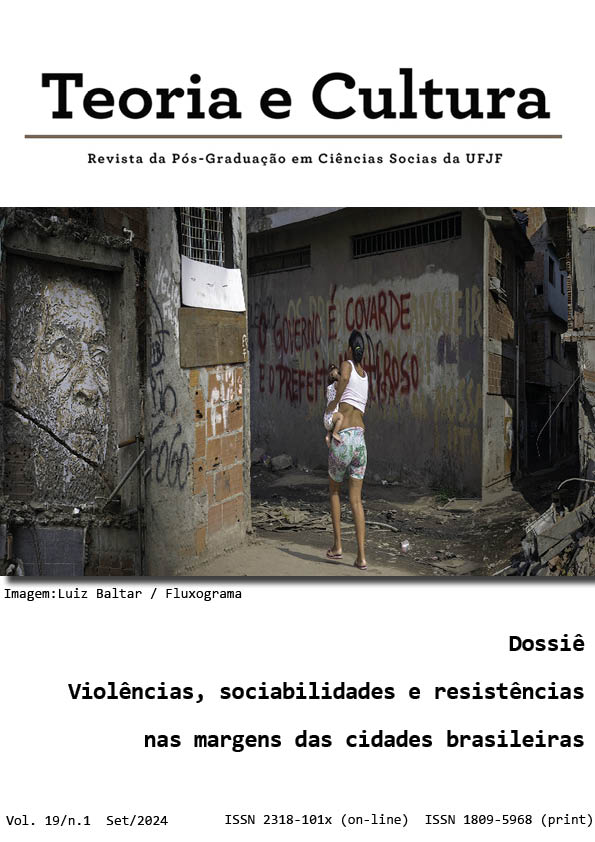Des(enquadramentos) dos conflitos armados em favelas do Rio de Janeiro:
when SUS workers move care and their actions to the populations' places of residence
DOI:
https://doi.org/10.34019/2318-101X.2024.v19.43391Abstract
The article presents part of the results of research carried out with primary care (PC) workers who work in favela territories in the city of Rio de Janeiro and experience armed violence in their daily lives. In this text, we will address two of the aspects analyzed in the research, namely: 1. Safer Access (AMS) as a cynical strategy for protection and viability of access to PHC health equipment; 2. ‘Precarious Lives’ and the multiple processes that maintain inequalities among the population, generating illnesses and unmourned deaths. These points emerged from semi-structured interviews carried out with workers from November 2022 to March 2023. The interviewees' testimonies and reflections were in dialogue with the authors' work and research experience. We believe that the results are capable of shifting the frame of the discussion of violence in territorial armed conflicts in favelas by showing that lives are not being saved - as justified by public security in these territories - but rather being made precarious, generating mental suffering and unmourned deaths.








